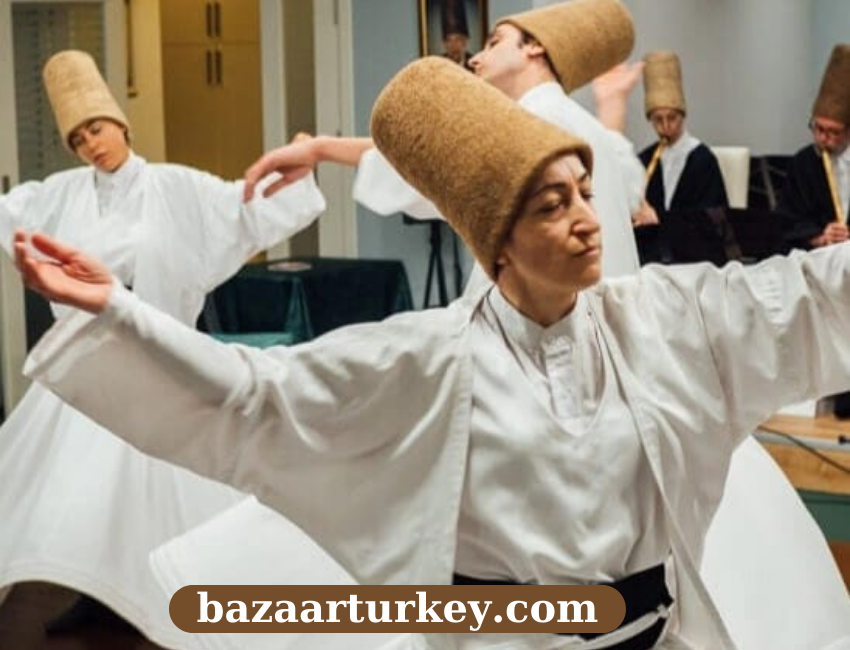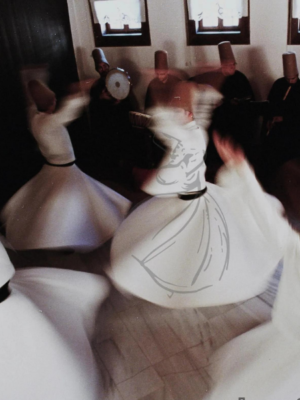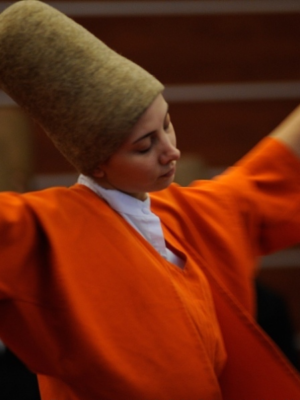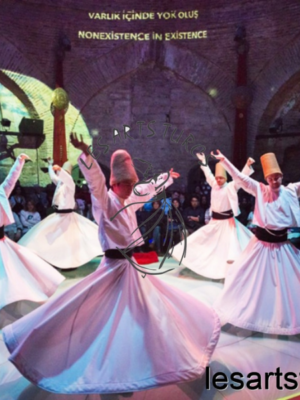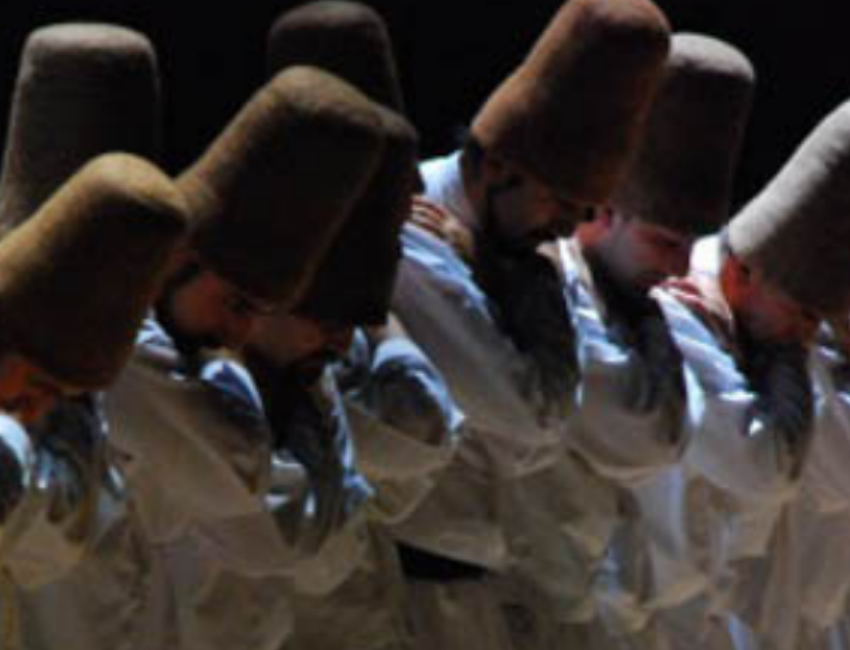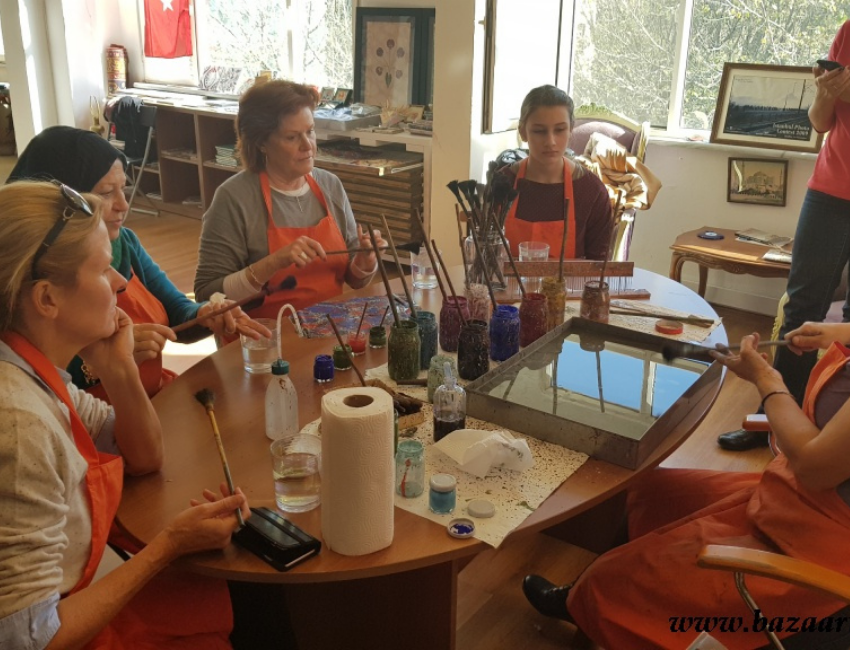Women in Mevlevi Tradition: Can a Woman Become a Whirling Dervish?
The Mevlevi order, with its deep roots in the Ottoman Empire, is a mystical order that continues to influence people today. One of the most well-known rituals of this order is the Sema ceremony. Sema is a form of dance that symbolizes the rotation of the universe and the human being’s love for God. The dervishes who participate in these ceremonies are known as semazens. However, the question of whether a woman can become a semazen, both historically and today, is an intriguing topic.
Historical Background
Rumi, the founder of the Mevlevi order, expressed great respect for women in his works and acknowledged their significant role in the spiritual journey. However, during the Ottoman period, many orders, including the Mevlevi, were male-dominated. At that time, it was uncommon for women to participate in Sema ceremonies. Women were mostly spectators of these rituals.
Female Semazens Today
Today, many scholars and leaders within the Mevlevi tradition argue that women can also perform Sema. Female semazens are increasingly taking part in Sema ceremonies, especially in modern Turkey and the West. This is a significant development in making Mevlevi practices more inclusive, allowing women to play an active role in their spiritual journey.
While some view the presence of female semazens as contrary to tradition, many others embrace it as aligned with the core Mevlevi principles of love, unity, and tolerance. Rumi’s famous words, “Come, come, whoever you are,” beautifully encapsulate this spirit of inclusiveness.
Conclusion
The role of women in the Mevlevi tradition is a subject that has evolved over time and remains open to discussion. However, today, many women actively participate in Sema ceremonies and practice Mevlevi rituals. This shows that the Mevlevi tradition is not exclusive to men but is a spiritual journey that women can also partake in.
The inclusion of women as semazens is part of the ongoing evolution of the Mevlevi tradition, demonstrating that women can indeed play a vital role in this spiritual path.

